London churches 'could close' due to congestion charge
- Published
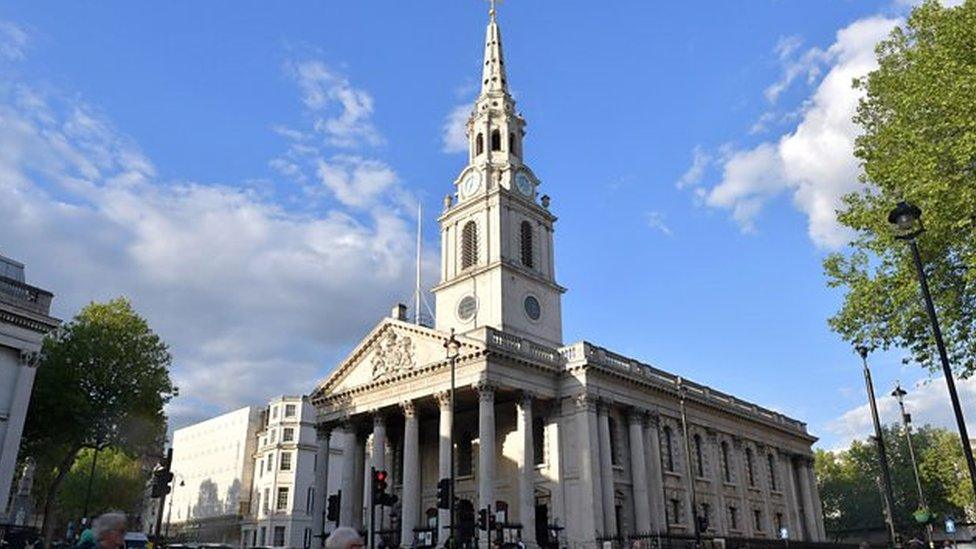
Churches such as St Martin's-in-the-Fields in Trafalgar Square host concerts and exhibitions
Churches in London may be forced to close due to changes to the congestion charge, faith leaders have warned.
The charge has increased by 30% to £15 and will be enforced each day from 07:00 to 22:00, hitting Sunday worship hours and weeknight community events.
The Reverend Jonathan Evens, a vicar at St Martins-in-the-Field in Trafalgar Square, said the changes could "affect the sustainability of our churches".
The mayor's office said there were discounts available for the charge.
Mr Evens, who is also the chair of Churches Together in Westminster, warned of the potential impact to places of worship in a letter to London Mayor Sadiq Khan.
"If the numbers attending these gatherings fall to unsustainable levels, then the churches themselves will become unsustainable, closing key heritage buildings and resulting in the loss of significant cultural and community provisions," he said.
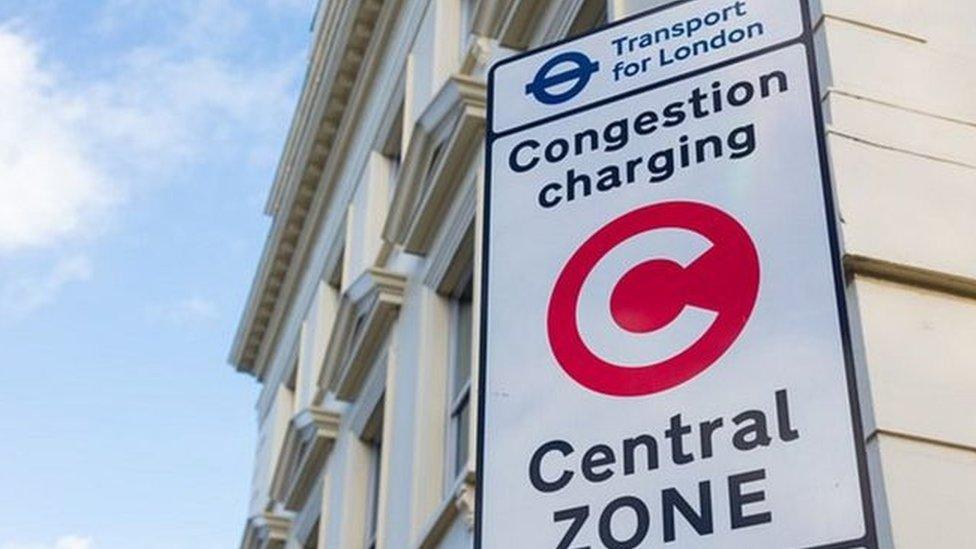
The Mayor of London's office said there were exemptions and discounts for the congestion charge
It is feared those with access needs, young families and the elderly will be hardest hit and may be priced out by the new charges.
Mr Evens said central London churches made "an enormous contribution towards tourism and that's predicated on being able to bring in musicians and exhibitions".
"In terms of cultural programming and being able to bring in food and equipment for the social provision in particular for the marginalised," he said.
"If musicians are bringing instruments in then they're generally needing to travel by car or van or exhibitions being set up using a van or lorry."
Mr Evens has requested a meeting with Mr Khan and asked that those travelling to worship are given an exemption from the congestion charge.
Places of worship remained close for services, external but can open for other reasons and for individual prayers. The government has said there will be no changes to this until 4 July at the earliest.
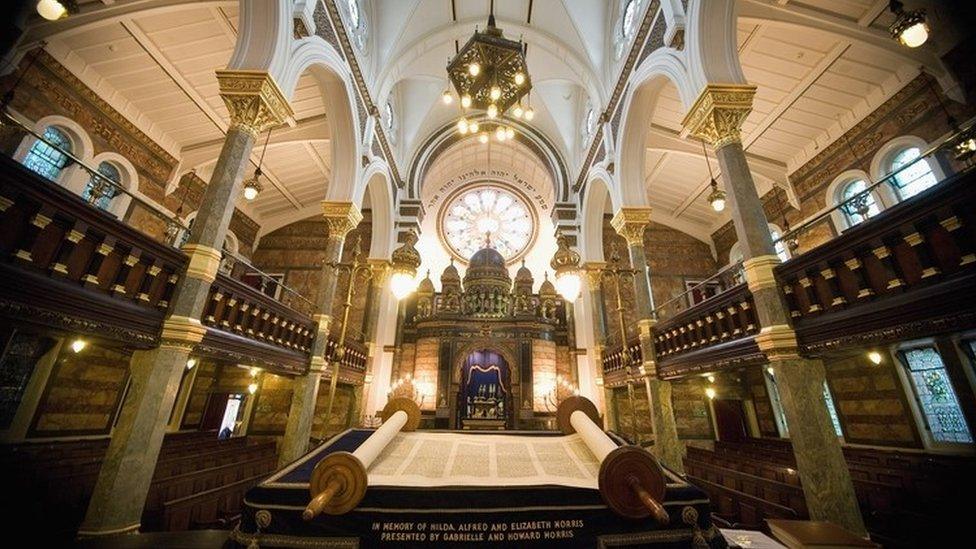
Worshippers might have to make two journeys a week to West London Synagogue
The congestion changes were introduced as part of the conditions of a recent £1.6bn bailout deal between Transport for London and the government.
Many central London places of worship serve what are known as gathered congregations - large communities that may travel for miles to their place of worship due to cultural or religious ties.
One example is St Peter's Italian Church, the Roman Catholic church in Clerkenwell that serves London's Italian community.
Mick Morena runs the church's Social Centre and fears it will disappear.
"We are doing the best we can. We do Thursday lunches for the elderly. We do a lot of fundraising, we support the homeless, we keep the kids off the streets," he said.
Mr Morena said many Italians in London work in the food and hospitality industry, which has been hit hard by the coronavirus pandemic.
'Expensive weekends'
Mark Fox, president of West London Synagogue, said he was concerned about young families.
His synagogue runs a Sunday school for about 180 children. For Jews who drive to synagogue on the Sabbath, a weekend of religious teaching could now be very expensive.
"If a child is coming towards a bar mitzvah, typically that child has to go to religion school and a service as well - that's two different days over a weekend," he said.
"With the congestion charge changes and existing ULEZ charge, that's paying over £40 twice over one weekend."
Jonathan Solomons, chairman of the committee for Bevis Marks Synagogue which serves London's Sephardic Jewish community, has said National Lottery money received to create a cultural centre was predicated on the previous congestion charge and now "the whole project might no longer be viable".
Both Mr Fox and Mr Solomons have also written to the London Mayor, along with St Peter's, but they say they have received no reply.
The Mayor of London's office said in a statement: "In accordance with the condition in the government funding agreement, the government required TfL to bring forward proposals to widen the scope and level of the congestion charge.
"The mayor will respond to all communities who have raised concerns to explain the temporary changes and options available to members of their community, including any relevant discounts and exemptions such as the Blue Badge and Cleaner Vehicle Discount.
"People living in the zone who need to drive are now able to make new applications for the residents' discount before the extended deadline of 1 August."
- Published22 June 2020
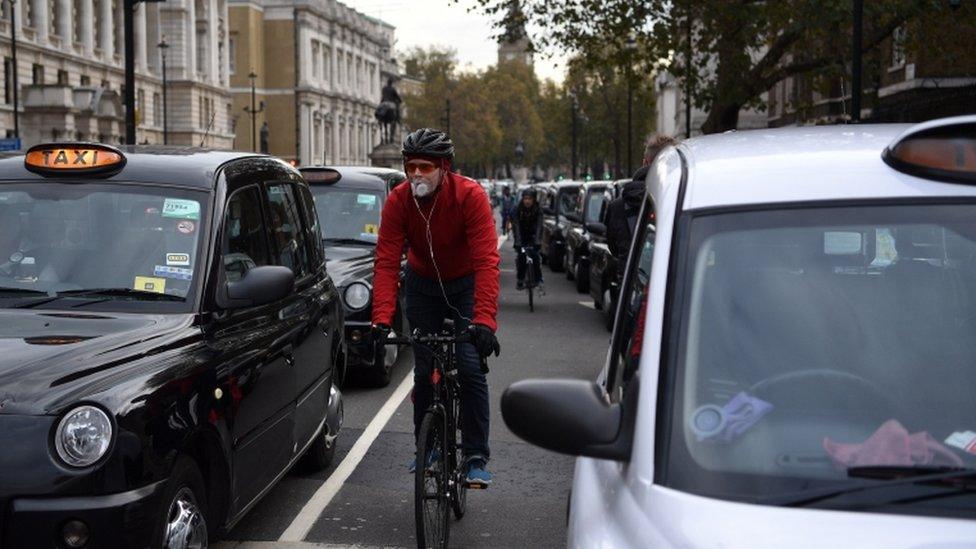
- Published17 June 2020
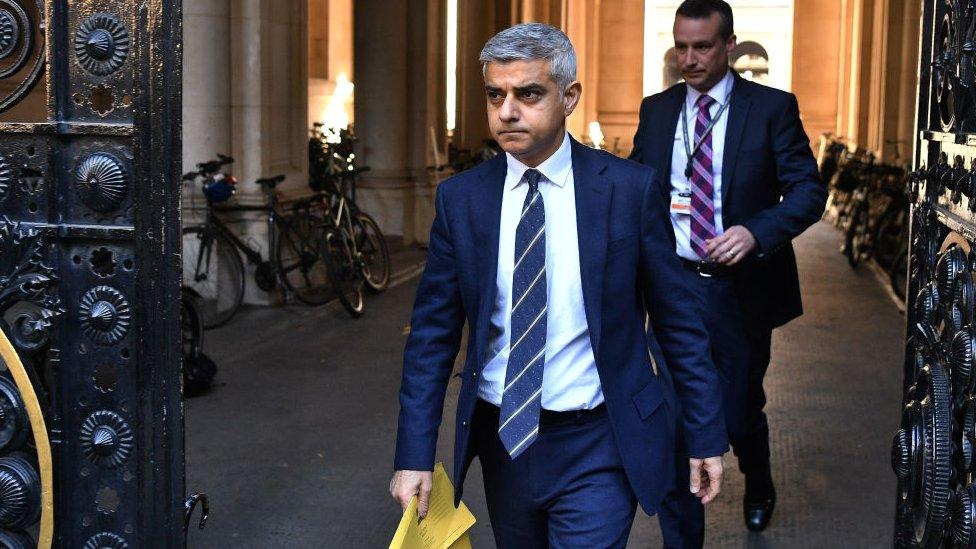
- Published18 May 2020
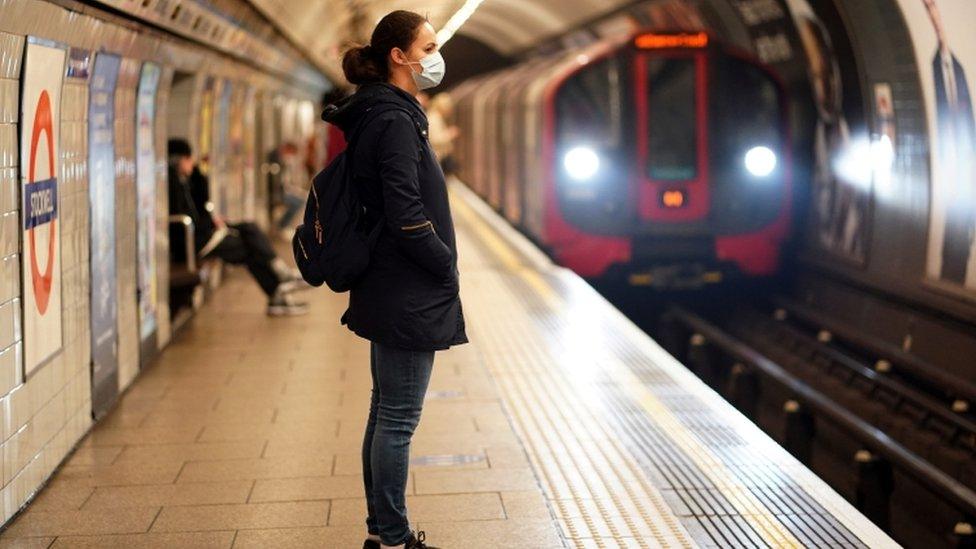
- Published15 May 2020
